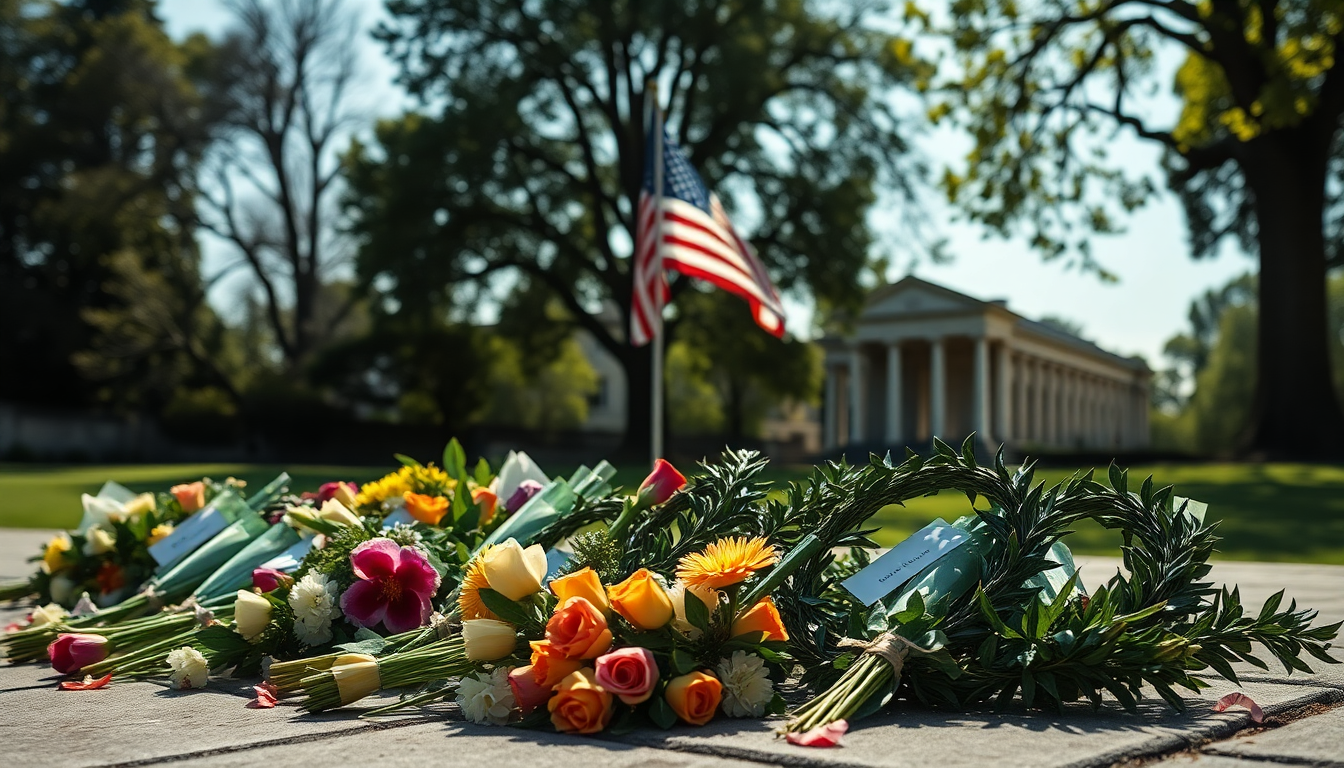Table of Contents
The anniversary of the Abbey Gate attack, which resulted in the tragic loss of 13 U.S. service members during the chaotic withdrawal from Afghanistan, serves as a poignant reminder of the complexities and challenges intertwined with military decisions. On this significant occasion, former President Donald Trump signed a proclamation honoring these fallen heroes. His message emphasized the importance of recognizing their sacrifice while reflecting on the circumstances that led to this heartbreaking event. So, what can we learn from the implications of the attack and the leadership decisions surrounding the withdrawal? Let’s dive in.
Understanding the Abbey Gate Attack
The Abbey Gate attack unfolded during a tumultuous phase of the U.S. withdrawal from Afghanistan in August 2021. As the Taliban swiftly regained control over Kabul, the situation deteriorated rapidly, culminating in a devastating suicide bombing that claimed the lives of 13 American service members and numerous Afghan civilians. This tragic incident starkly illustrated the dire consequences of strategic miscalculations and mismanagement during military operations. How did we get to this point?
In the aftermath, President Biden’s administration faced intense scrutiny over its withdrawal strategy. Critics argued that the planning was insufficient and failed to account for the swift decline in security conditions in Afghanistan. While the decision to withdraw U.S. troops was part of a broader agreement made by the previous administration, many questioned the execution of that plan. As President Trump marked this somber anniversary, he echoed the sentiment that such an event should never have happened, underlining the pressing need for accountability in military leadership.
Calls for Leadership Accountability
The discussions surrounding the Abbey Gate attack have sparked a renewed call for accountability among military leaders and policymakers. Vice President JD Vance, a former Marine, voiced concerns that the loss of service members due to perceived incompetence needs to be addressed. He emphasized the importance of recognizing the sacrifices made by military families, especially given the perceived failures in responding effectively during the withdrawal.
Critics of the Biden administration contend that the lack of accountability for decisions leading to the Abbey Gate bombing reflects a broader trend of negligence within military leadership. These conversations extend beyond the immediate fallout of the attack; they provoke fundamental questions about leadership standards and the necessity for transparency in military operations. The tragic loss of life has reignited discussions on how future military engagements should be approached, pushing for a focus on meticulous planning and execution.
Lessons for Future Military Operations
As we reflect on the Abbey Gate attack and its aftermath, it’s crucial to extract lessons that can shape future military strategies. The need for rigorous planning and effective risk management cannot be overstated. Military leaders must prioritize situational awareness and adaptability to rapidly changing circumstances, especially in conflict zones where the safety of personnel is paramount. Can we afford to overlook these critical aspects?
Moreover, cultivating a culture of accountability and transparency within military ranks is essential. Establishing clear lines of responsibility and ensuring decision-makers are held accountable for their actions can significantly mitigate risks associated with complex military operations. As our nation grapples with the implications of the Abbey Gate attack, it becomes increasingly vital to advocate for reforms that put the lives and sacrifices of service members front and center.
In conclusion, the anniversary of the Abbey Gate attack serves as more than just a moment of remembrance; it is a pivotal point for reflection and reform. By acknowledging past mistakes and striving for accountability, we can honor the memory of those we lost while working towards a more secure future for our military and our nation. What steps will we take to ensure this never happens again?


